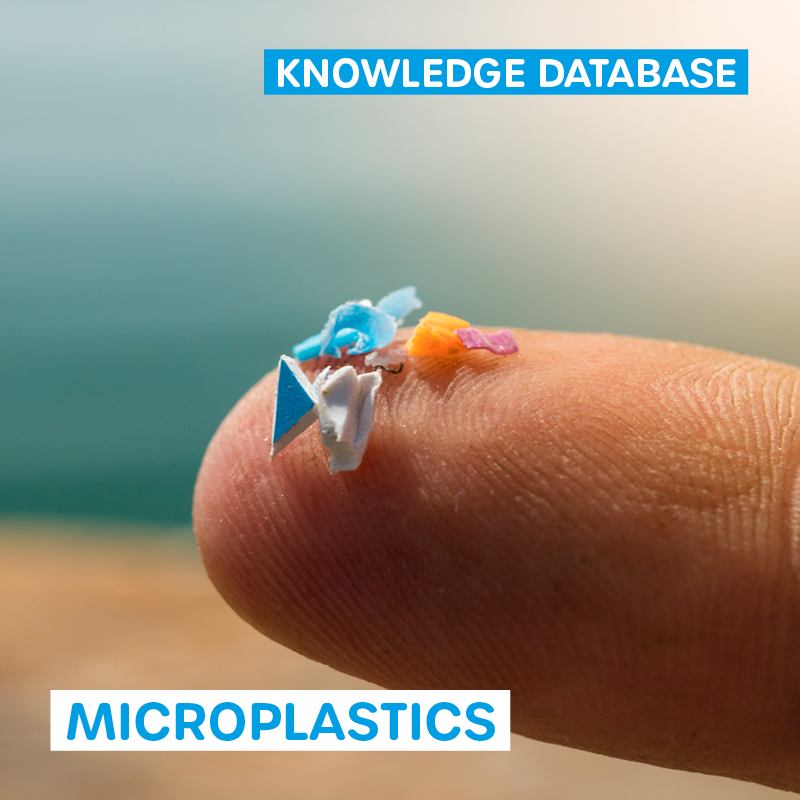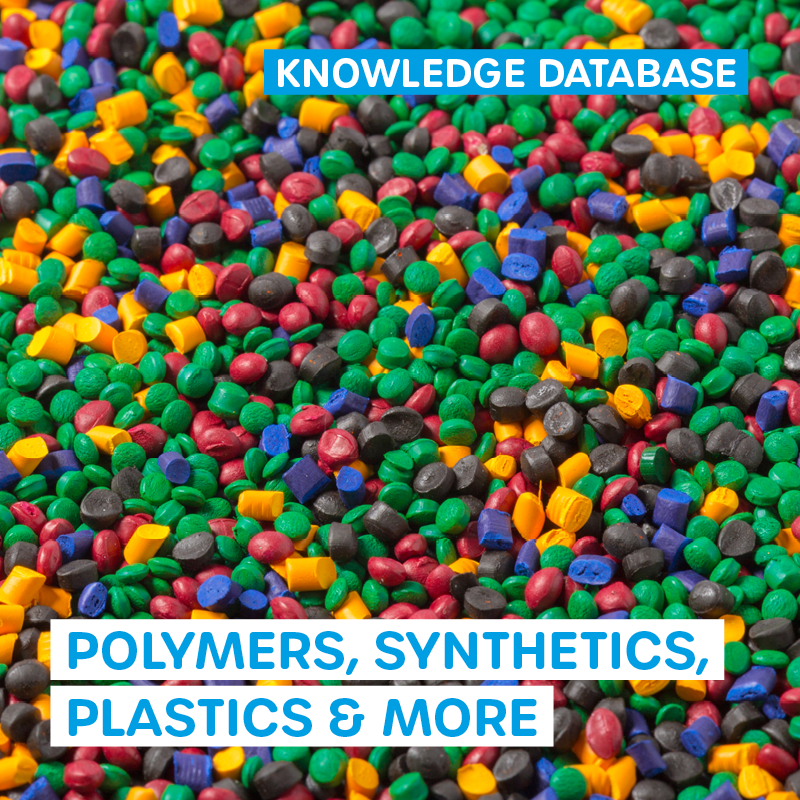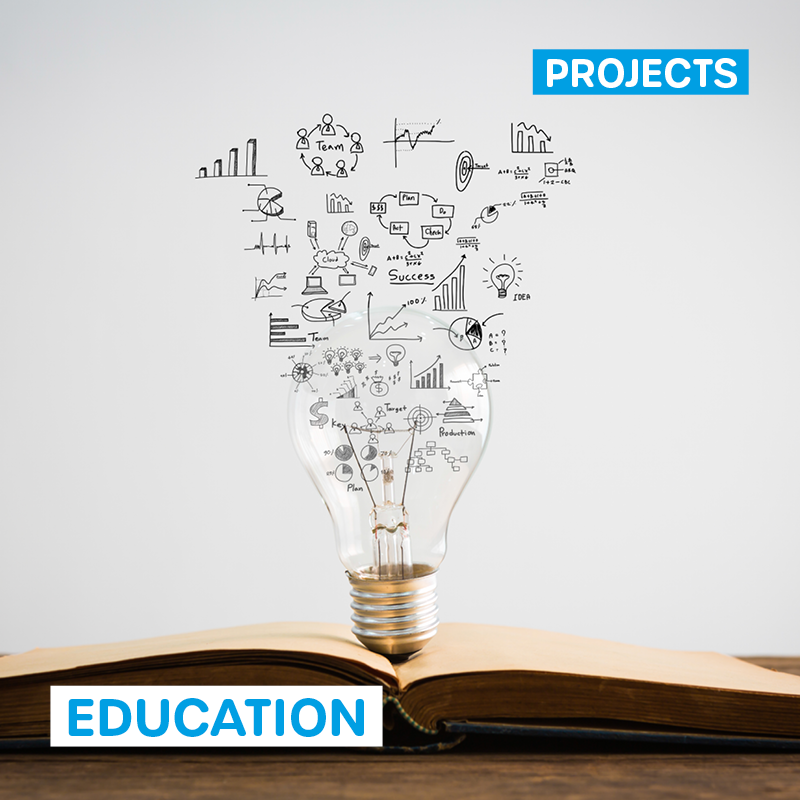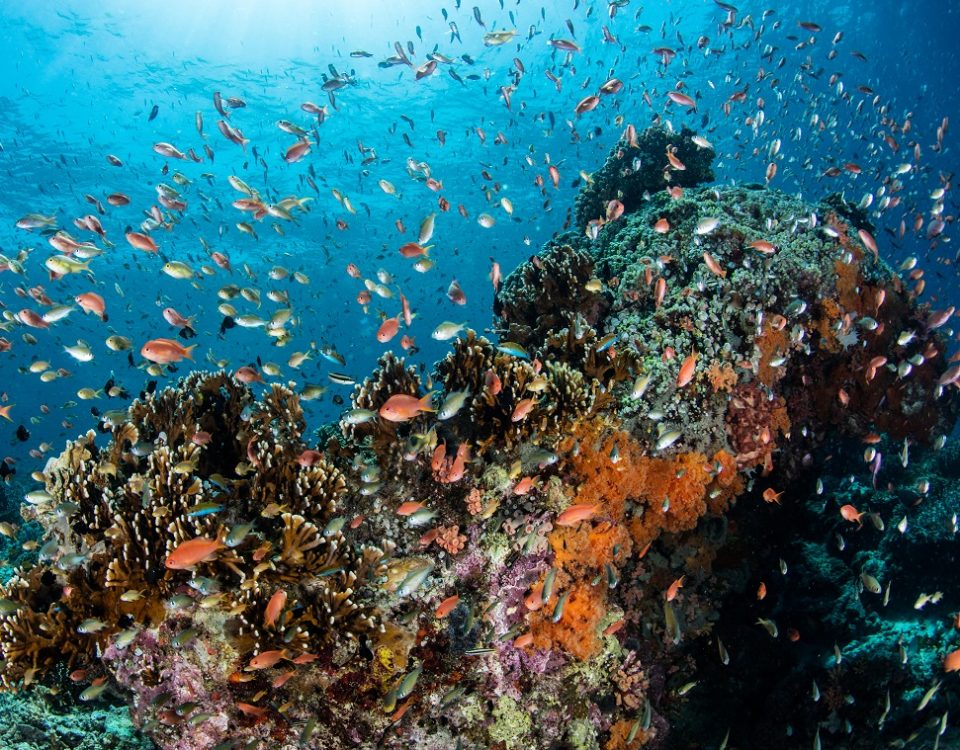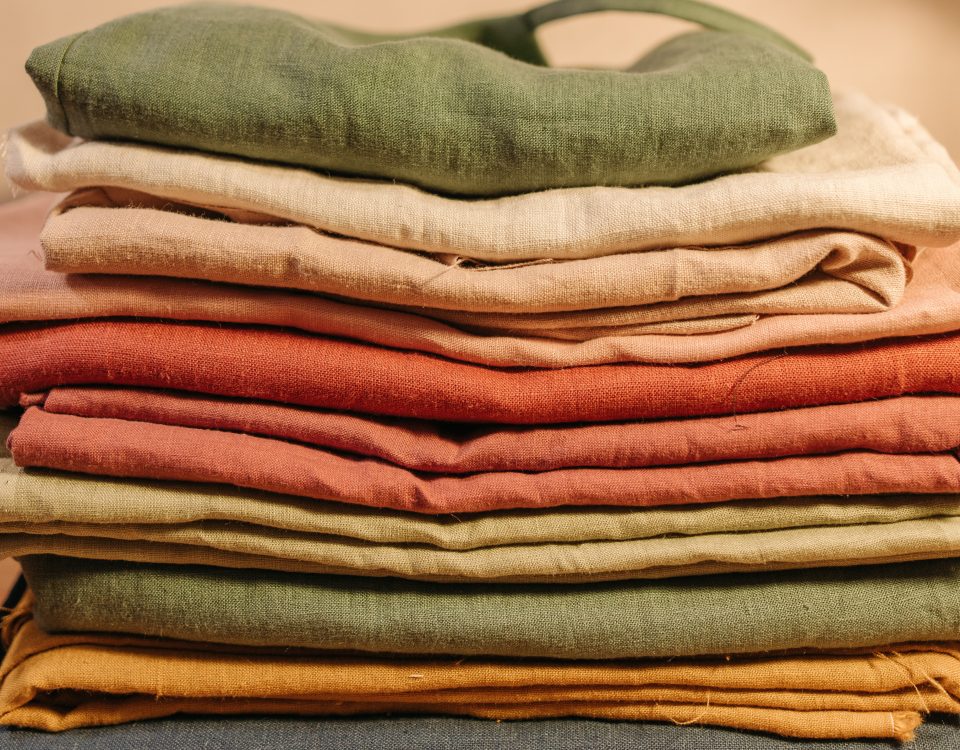
Offers for schools, institutes and further educational institutes
We pass on our knowledge - in a variety of ways
The real art lies much less in the knowledge of the principles than in the way they are applied.
"Microplastics" is a highly complex topic with many causes and many levers - actually far too complicated for school, not yet fully researched scientifically and yet a topic of the future and on everyone's lips. It is precisely these topics that belong in schools and institutes and this is where WASoMI comes in.
Schools and institutes are an ideal place to provide impetus for sustainable action. That's why we bring our expertise on microplastics and our commitment to environmental protection into the classrooms. We are convinced that together with teachers, lecturers, participants, and students we can achieve much more for Water without Microplastics (WASoMI).
The educational content is put together in such a way that it:
- reduces complexity,
- addresses problems in the context of solutions.
Our goal within the WASoMI education area is to create a teaching/learning environment where learning and teaching are independent of:
- place
- time
- space
and without coercion and performance pressure.
The search for answers to the question: When does an everyday helper become an environmental problem?
Our digital learning and experience world WASoMI (in German) provides insights into the diversity of the topic of plastic and microplastics in the environment in small microlearning units.
Excerpt from our education, training and participation offers

Animations and explanatory videos on the YouTube channel
There are many ways to impart knowledge. We build bridges to more knowledge by focusing on microlearning and multidimensional knowledge transfer.

Project FREIRÄUME -
learning and teaching tools
With FREIRÄUME we create an interactive and scalable exercise platform around microplastics. We create innovative, (out-of-)school formats with individual and group exercises...

